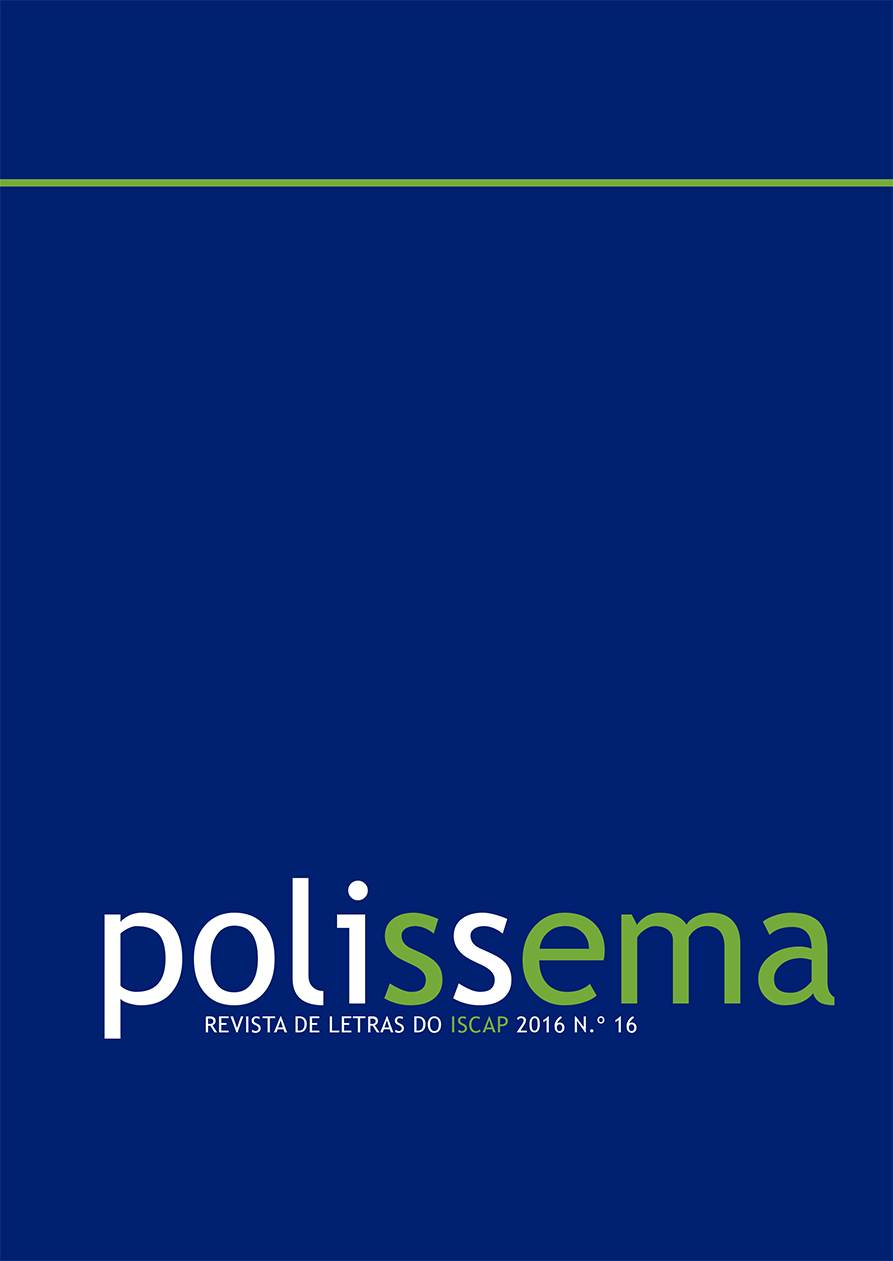NUEVO MARCO LEGISLATIVO PARA LA INTERPRETACIÓN Y LA TRADUCCIÓN JUDICIAL EN ESPAÑA TRAS LA DIRECTIVA 2010/64/EU
DOI:
https://doi.org/10.34630/polissema.v0i16.2957Palavras-chave:
interpretación judicial, Directiva 2010/64/UE, derecho de defensa, provisión de servicios de traducción e interpretación, Ley Orgánica 5/2015, juicio justo, ámbito penal, Ley de Enjuiciamiento CriminalResumo
A día de hoy cualquier persona puede interpretar en las comisarías y juzgados españoles. Existen dos formas de prestación de este tipo de servicios lingüísticos en el ámbito penal: traductores e intérpretes de plantilla (acceden por oposición) y colaboradores freelance que trabajan para las empresas adjudicatarias de las licitaciones. La Ley Orgánica 5/2015, que transpone la Directiva 2010/64/UE, establece que solo podrán actuar en procedimientos judiciales y policiales los traductores e intérpretes incluidos en el Registro Oficial. Sin embargo, la ley que ha de desarrollar dicho registro está pendiente de tramitación.
En cualquier caso, la nueva legislación introduce una serie de novedades que conllevará un aumento del volumen de trabajo de traducción e interpretación sin que se faciliten nuevos medios y recursos para llevarlo a cabo, así como otras consecuencias, más que previsibles, de la aplicación de la nueva legislación recién aprobada.
Downloads
Publicado
Como Citar
Edição
Secção
Licença
Direitos de Autor (c) 2016 POLISSEMA – Revista de Letras do ISCAP

Este trabalho encontra-se publicado com a Licença Internacional Creative Commons Atribuição-NãoComercial-SemDerivações 4.0.


